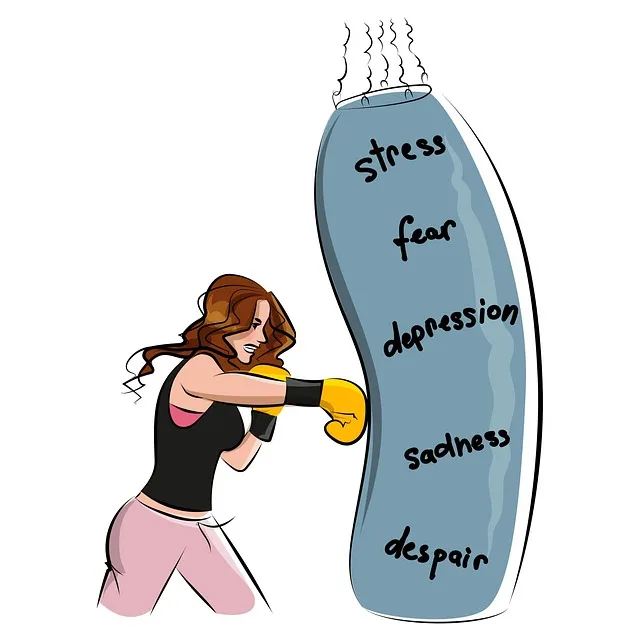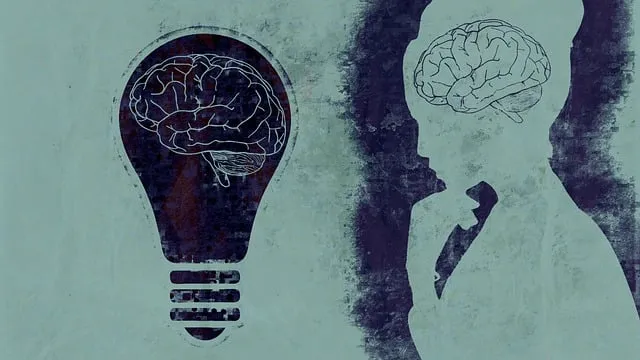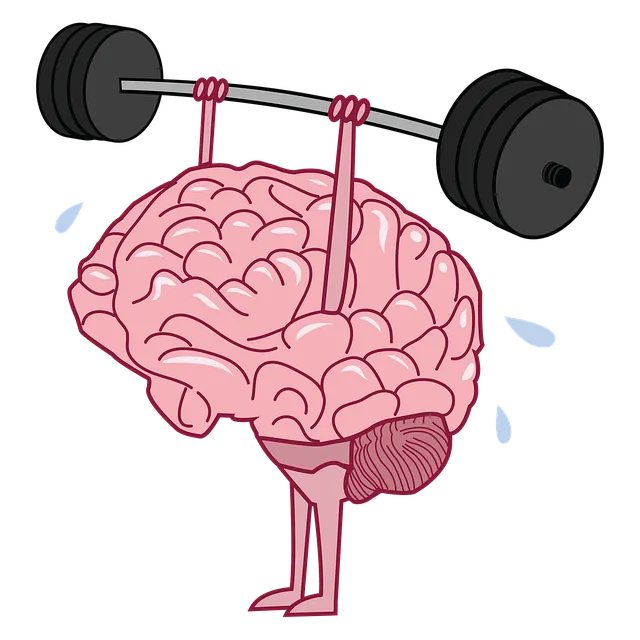Social Skills Training at Northglenn Kaiser Permanente behavioral health services is a holistic, evidence-based approach to improving mental wellness through enhanced communication, empathy, and emotional regulation. Personalized programs use role-playing, group discussions, and CBT techniques, empowering individuals with confidence in social situations. Integrated Communication Strategies, Trauma Support Services, and comprehensive evaluation methods further enhance social integration and well-being within the community.
Social skills training is a powerful tool for managing mental health conditions, offering individuals valuable support in navigating social interactions. This article explores this therapeutic approach, focusing on its significance and effectiveness. We delve into the specific programs provided by Northglenn Kaiser Permanente Behavioral Health Services, highlighting their comprehensive services. By identifying key social skills, we uncover targeted training strategies. Additionally, we discuss measurement techniques to assess success and long-term outcomes, emphasizing the impact of such programs in improving overall well-being.
- Understanding the Importance of Social Skills Training for Mental Health Conditions
- Northglenn Kaiser Permanente Behavioral Health Services: An Overview
- Identifying Core Social Skills to Target in Training Programs
- Strategies and Techniques for Effective Social Skills Training
- Measuring Success and Long-Term Outcomes of Social Skills Training
Understanding the Importance of Social Skills Training for Mental Health Conditions

Social Skills Training for Mental Health Conditions is an essential component of holistic care, particularly within behavioral health services offered by organizations like Northglenn Kaiser Permanente. In today’s interconnected world, social interaction plays a pivotal role in our mental wellness. However, individuals struggling with various mental health conditions often find themselves isolated due to challenges in communicating and relating to others. This is where Social Skills Training steps in as a powerful tool for resilience building.
By participating in such training, patients can learn effective strategies to navigate social situations, improve their self-care practices, and foster meaningful connections. The process involves teaching essential skills like active listening, empathy, assertiveness, and conflict resolution. These abilities not only enhance interpersonal relationships but also contribute to improved mental wellness as evidenced by the growing popularity of mental wellness podcast series production. Through group sessions or personalized coaching, individuals can build confidence in social settings, leading to better management of their conditions and an overall higher quality of life.
Northglenn Kaiser Permanente Behavioral Health Services: An Overview

Northglenn Kaiser Permanente Behavioral Health Services offers a comprehensive array of programs designed to support individuals navigating mental health challenges. Their dedicated team provides specialized care tailored to meet diverse needs, focusing on evidence-based practices and holistic approaches.
The facility’s Mental Health Education Programs are renowned for their innovative design, empowering patients with valuable coping strategies and self-esteem improvement techniques. Through group therapy sessions and individualized counseling, participants gain insights into mood management, fostering a sense of agency over their well-being. These programs create a supportive environment, encouraging personal growth and resilience while addressing underlying mental health concerns effectively.
Identifying Core Social Skills to Target in Training Programs

When designing social skills training programs for mental health conditions, it’s crucial to identify and target the core competencies that significantly impact an individual’s ability to navigate relationships and engage in meaningful interactions. These essential skills vary based on the specific mental health condition, but common areas of focus include effective communication, emotional regulation, active listening, and empathy. For instance, at Northglenn Kaiser Permanente behavioral health services, therapists emphasize these skills through tailored exercises like role-playing scenarios and group discussions to foster a supportive environment.
The Mental Wellness Journaling Exercise Guidance and Self-Care Routine Development for Better Mental Health can serve as valuable tools within such programs. By encouraging individuals to reflect on their interactions using journaling, they can better understand their communication patterns. Additionally, teaching self-care routines enhances overall mental wellness, enabling people to manage stress levels and improve their capacity for social engagement. Effective Communication Strategies, when integrated into training, empower individuals to express themselves clearly and respectfully, fostering healthier relationships and a sense of belonging.
Strategies and Techniques for Effective Social Skills Training

Social Skills Training for Mental Health Conditions
Effective social skills training involves a combination of strategies and techniques tailored to individual needs. At Northglenn Kaiser Permanente behavioral health services, our approach integrates evidence-based practices with compassionate care. We utilize role-playing exercises, group discussions, and cognitive-behavioral therapy (CBT) techniques to help individuals navigate social interactions more confidently. By focusing on communication skills, empathy development, and emotional regulation, we empower clients to build supportive relationships and manage their mental health effectively.
Our Trauma Support Services are designed to create a safe space for learning and healing. Through tailored Stress Management Workshops, participants gain practical tools for coping with daily stressors. Additionally, Mental Illness Stigma Reduction Efforts play a pivotal role in fostering understanding and acceptance within the community. By combining these strategies, Northglenn Kaiser Permanente behavioral health services aims to enhance social integration and overall well-being for individuals facing mental health challenges.
Measuring Success and Long-Term Outcomes of Social Skills Training

Evaluating the success of social skills training for mental health conditions is a multifaceted process. At Northglenn Kaiser Permanente behavioral health services, we employ a combination of quantitative and qualitative methods to assess outcomes. This includes pre- and post-training assessments, where individuals are measured on their ability to engage in meaningful social interactions, communicate effectively, and navigate social cues. Long-term follow-up sessions help track the sustainability of these improvements.
Beyond individual progress, we also consider the impact on community integration and overall mental wellness. This involves collecting feedback from both participants and healthcare providers who have witnessed changes in social dynamics. Incorporating elements such as Crisis Intervention Guidance into training programs has proven to enhance long-term outcomes. Additionally, the production of a Mental Wellness Podcast Series can serve as a platform for sharing success stories, raising awareness, and fostering cultural competency among both patients and healthcare providers.
Social skills training plays a pivotal role in managing mental health conditions, offering individuals valuable tools to navigate social interactions with confidence. As demonstrated by Northglenn Kaiser Permanente behavioral health services, structured programs can significantly enhance the quality of life for those struggling with anxiety, depression, and other challenges. By focusing on core social skills and employing evidence-based techniques, these initiatives foster better communication, empathy, and emotional regulation. Measuring success through long-term outcomes underscores the efficacy of such training in promoting resilience and improving overall well-being.






